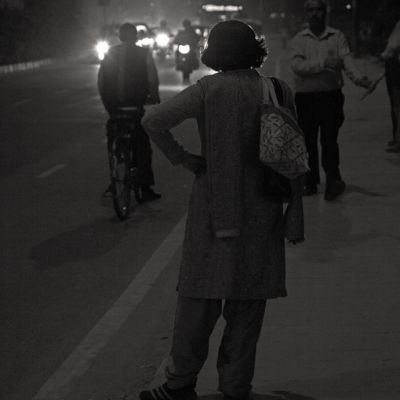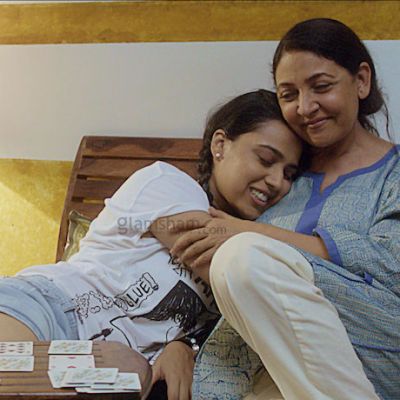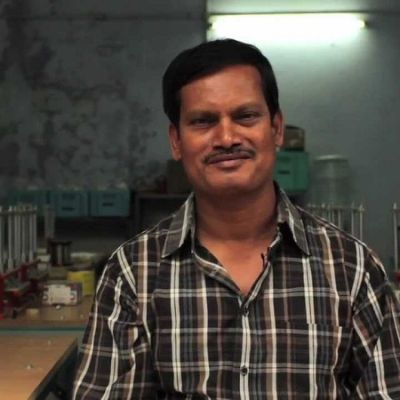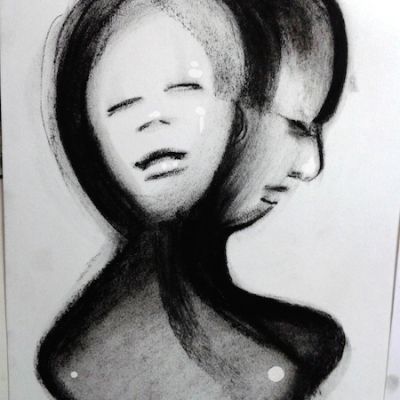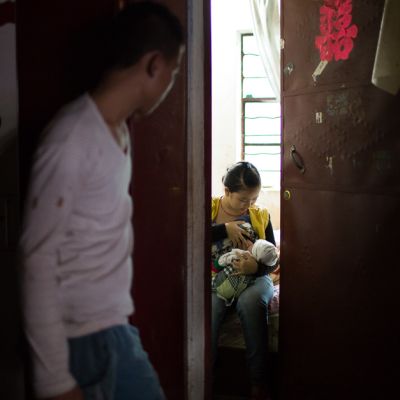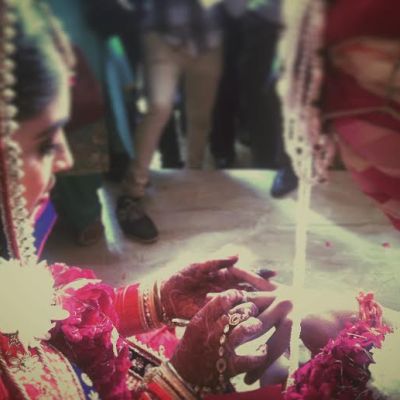Marriage
We spoke to four Hindu-Muslim couples from four generations to learn how to keep love afloat in this climate of naked hatred.
Invitation cards had been printed. Her parents wanted to get the best of everything for her. She knew that all this generosity came more out of them trying to put up appearances than out of their love for her. Instead of trying to make sense of it all, or to reason with them, she was told to just enjoy this special life event. Once the whole family had arrived, all of her father’s financial worries and her mother’s emotional ones got drowned in the festivities that took place each night. The bright strings of lights flickered all around the house, announcing the upcoming marriage to the world.
Reviewing three films (or the subplots of three films) to see how subplots show that marriage isn’t a destination or a single story that begins and ends in the ‘happily ever after’.
Trying to live up to the expectations of those you care about isn’t easy! Li Chenxi is 27 years old and has been facing pressure from her family to get married. She herself has no such desire and is fine with the way she lives; but to keep those she cares about happy she, like so many of us, finds a creative way to sustain her mum’s fantasy!
Ute Pauline Wiemer, along with her partner Balaji, founded Lovetreats in Bangalore in 2015. Lovetreats is an online retail space and discussion forum for people to buy intimate sexual wellness and health products as well as exchange ideas and learn about topics such as sexuality and intimacy.
इस बात के अनेकों कारण हो सकते हैं कि महिलाएँ बच्चे क्यों नहीं चाहती हैं, ठीक वैसे ही जैसे इस बात के अनेकों कारण है कि वे बच्चे क्यों चाहती हैं। बच्चे होने के कारणों को सामान्य करार दिया जाना जबकि बच्चे ना होने की इच्छा को ‘सामान्य से अलग’ माना जाना, शर्मिंदा किया जाना और संदिग्ध की तरह करार दिया जाना, सभी के लिए नारीत्व का ‘एक ही अर्थ’ बनाने वाले है।
I love children and have at various times in my life flirted with the idea of adoption. But I have known since I was a child that I did not want to birth children. I have never been vague or ambivalent about this decision. I have been consistently clear and concise that this is not my calling.
To all the American daughters of South Asian immigrants: Have you ever felt that you just can’t be a Good Girl? Your parents and South Asian community have likely tried drilling in you that Good Girls follow the path of academic excellence, a well-paying job (doctor, lawyer, or engineer), marriage to a well-paid Desi man (preferably a doctor), and then a happy house with kids. Obedience to parents, no dating (at least not while a student), and virginity until marriage are absolutes.
Often, these marriages are performed in great haste as the groom comes to India for a short holiday. In their enthusiasm to clinch, what appears to be a highly desirable marriage alliance, which will open up new opportunities, exposure and happiness to their daughter, the parents may throw caution to the wind and seal the match.
A short documentary on India’s menstruation man, Arunachalam Muruganantham, who wore an artificial uterus, was left by his wife for five years, and was called a pervert by the neighbours – all in his pursuit to create cheap yet effective sanitary napkins for women who cannot afford safe menstrual hygiene products.
They were stranded together on an island, the only two English-speaking writers at a conference (this somehow happens in Berkeley). They have wild and instant intimacy of the kind where you tell each other everything. It’s the kind of friendship in which you want to be together all the time, the world is not enough, the day is not long enough to give you all the time you want with your friend.
Why are certain privileges only afforded to couples? Why can we not share them with others outside of a romantic or sexual paradigm? Why is intimacy seen as being the purview of lovers? In actual fact, we may often share a greater intimacy with our friends than we do with our lovers.
In the debates around the need to expand the rights that accrue through marriage to same-sex couples, what is often lost are the forms of legal recognition of relationships not in the nature of marriage or blood. As the nature of traditional relationships changes across India, with more people opting to live singly or with friends, we really need to begin thinking seriously about new forms of legal recognition.
In the Chinese province of Yunnan, ‘early marriage’ is a common phenomenon. Dearth of employment opportunities compels parents to marry off their children before leaving for work in bigger cities. The cultural trend favours early marriage, so there is no social stigma attached to it.
I envy confident women. It could be the way a woman speaks her mind, the way she dresses, or just…


